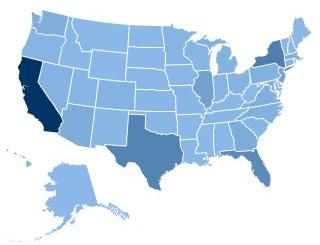Published on Sun, Apr 29, 2012
Despite the Supreme Court justices’ apparent skepticism [“Justices receptive to parts of Arizona’s immigration law,” front page, April 26], the immigration status checks required by Arizona’s law subvert federal enforcement priorities and procedures. Section 2(B) requires Arizona police to verify the immigration status of all individuals arrested. This will result in thousands of additional verification requests to the federal government every year, significantly delay response times and divert scarce enforcement resources away from high-priority targets.
Section 2(B) also requires that, in the event of a lawful stop or an investigative detention, police check immigration status only if they have “reasonable suspicion” an individual is unlawfully present. Given the cursory nature of such stops, the complexities of federal immigration law and minimal guidance from the state law, police — under threat of civil damages — will be forced to rely on impermissible criteria such as race to make these determinations.
Such an arbitrary and unjust process contradicts the comprehensive enforcement scheme embodied in federal immigration law.
Melissa Crow, North Potomac
Published in the The Washington Post



